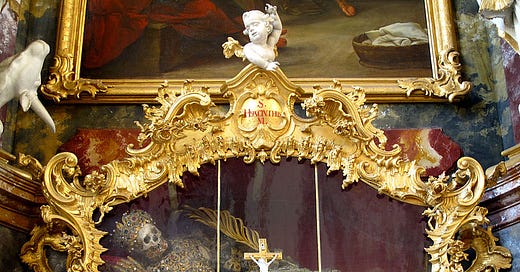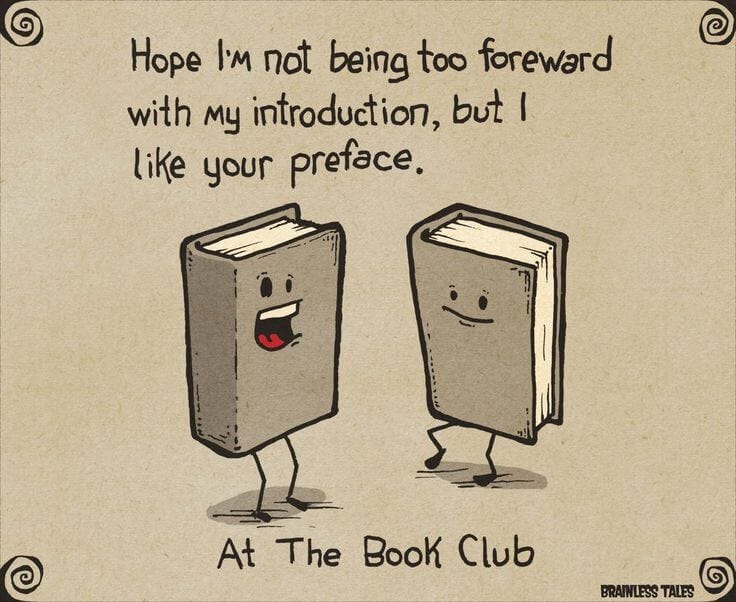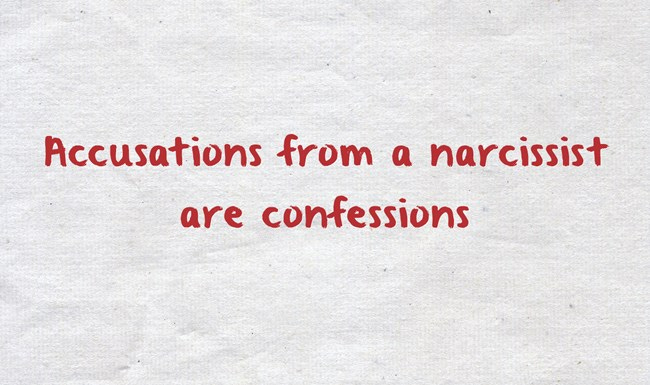The Canterbury Tales: Week 7
Pardoners Gonna Pardon, Grifters Gonna Grift, Narcissists Gonna Narcissist
[Full-body relic of Saint Hyacinth in the former Cistercian monastery Fürstenfeld Abbey, Germany. Photo: Wikicommons]
“Absolutely unmixed attention is prayer.” – Simone Weil
Back to Canterbury, after a week’s break for you and a lovely, blessed retreat f1or me. For all who prayed, encouraged, and read my post last week where I shared a bit more about my life over this past year, thank you. Thank you for being on this journey on Substack with me, for bearing witness, and for being part of this community.
Now, if we were really in the classroom (which I am trying to re-create a little bit here), it is at this point in the “semester” where I would say, “You’re welcome!”—you’re welcome for the much lighter reading assignment for this week and next. In teaching, I have found that starting out hot with a heavy load helps build reading and attention muscles so that a break later is not only appreciated but can also generate better reading at that point, and not only better reading, but a sense of better reading. Reading skills build and grow like any other skill—through practice. I doubt that this phenomenon is replicated well in this format, but I do hope that in some way, those of you who are reading the “assignments” as we go along (and you can always catch up on your own schedule) do feel your reading “muscles” getting stronger. I keep needing to work on my own, too, in this vexatious digital age. Oy vey.
As we consider the Prologue to The Pardoner’s Tale, let’s refresh our memory of the Pardoner as we were introduced to him in The General Prologue. There we learned that the Pardoner travels with the Summoner (it is implied that they might be romantic partners), and both of them hold offices that were deeply corrupt. (Think about the tax collectors in the New Testament—carrying out a sanctioned role but with no accountability, thus making it all too easy and tempting to cheat people.) The job of a pardoner at this time was to raise money for charitable efforts supported by the church, and pardoners were licensed by the Pope to take confession and remit forgiveness for sins confessed—and then receive “donations” for the forgiveness or indulgence. They would often do this in a church service, just as churches have guest speakers share today. The tale that follows the prologue is the sermon the Pardoner preaches in the churches he visits.
In The General Prologue, the narrator describes the Pardoner’s physical appearance as somewhat sickly and effeminate but goes on quickly to add that there was no other pardoner like him—for he carries with him a number of relics that came directly from Mary herself and Peter, too, and with such as these he could get more money in a day than some get in a year.2 (The obtuse narrator is so impressed!) But the last lines introducing the Pardoner tell us that what makes him really good at what he does is that he can read a lesson and a story (my edition notes that “story” refers to a “liturgical narrative”) and, best of all, sing the offertory (lines 711-12 GP) delightfully. The Pardoner knows well that a smooth tongue is necessary “to win silver” as does so well (line 715).
The Pardoner’s Prologue and Tale offer within The Canterbury Tales further context through the interactions between the pilgrims—an aspect of the tales that we have discussed earlier. In this case, we have interactions before and after that add delightful color and texture to the narrative.
The section with the Prologue begins with the Host sorrowing over a tale that has just been told by the Physician, a harrowing story of a beautiful Roman maiden whose father chooses to have her killed rather than lose her chastity when she is about to be taken as a slave. The Host is upset by this tale and to change the mood, he asks the Pardoner to share some mirth and tell some jokes (line 31). But the other pilgrims cry out, knowing full well the character of the Pardoner and therefore the kind of ribaldry (line 36) he’s likely to come up with. They want none of that. (This is a spiritual pilgrimage, after all!) Instead, they urge, let him tell a moral tale. The Pardoner agrees to do so—once he’s had some time to think and drink.
Thus thinking and drinking, he offers a prelude to the tale to come, kind of a preface to what he is about to share (something my friends tease me for doing: every story I tell them is always preceded by my saying, “Let me preface this by saying ….”). It’s so human—even this detestable Pardoner is portrayed with deeply human and humane insights from the perceptive Chaucer.
Now before you tell me that you cannot believe that this guy, the Pardoner, is so blatantly upfront and transparent about his trickery and swindling, telling it all, let’s set the stage a little bit more.
The guy is a grifter in every sense of the word. Like all grifters, he’s pretty pleased with himself. As with all grifters, his cleverness is exceeded only by his own estimation of his cleverness. Here he is, stuck with a bunch of strangers for an extended time, people he’s not likely to ever see again (think about strangers sitting in an airport lounge or side-by-side in the airplane) and, like any narcissist, he just wants to talk about himself--to brag about himself. So he does. He tells his fellow pilgrims about all the tricks he plays on the poor country people who know no better. He touts his credentials. He throws in a little Latin to sound even more impressive, and (like the Wife of Bath) he quotes a whole bunch of authorities to come off as well-read and knowledgeable. He shows off his relics, too. So cool, aren’t they?
He is such a boor.
Well, he’s worse than a boor, actually.
He boasts about how he swindles people. And he’s pretty good at it, really. The swindling, I mean. (Well, the boasting, too.)3
He tells his victims that his magical relics won’t work on people who have unconfessed sin, so they shouldn’t even bother if they have secret sins. (Do you think the people with unconfessed sin—or any of them—are going to sit there in front of everyone and say, “I guess I won’t go forward then!”)
Then, the Pardoner explains to the pilgrims, he always preaches on avarice (greed) because his goal is to get the money; he couldn’t care less about addressing sin or the state of their souls (lines 112-18). Making people feel guilty about greed—his own sin—is a convenient way to get them to give him what he’s after.
It’s also a textbook example of the wisdom I saw in a tweet long ago saying, “Accusations from a narcissist are confessions.”
And here is the profound and touching irony: the Pardoner’s prologue is his confession.
We all need to confess. Whether we realize it or not. Even the Pardoner.
Confession is good for the soul. But alone, it is not enough.
We need true repentance, too.
And this is the kind of correction Chaucer could see and offer the church in his time. He was not only a poet, but a prophet as well.
******
Next up:
Simone Weil, Gravity and Grace, trans. By Emma Crawford and Mario von der Ruhr (London: Routledge, 2002), 117.
Relics are fascinating. If you want to go down a rabbit hole, you could start here: https://fitzmuseum.cam.ac.uk/explore-our-collection/highlights/context/function/relics-and-reliquaries. And here: https://www.atlasobscura.com/articles/a-business-of-bones-relic-trafficking-in-the-middle-ages
If you are on Twitter, you may have seen some of the hullabaloo last week around a couple of controversial Christian figures who display all the characteristics of narcissism and overweening self-esteem, who answered each well-deserved public criticism with more self-laud that only led to more well-deserved criticism. If you have no idea what I’m talking about, lucky you. I don’t even want to try to explain. But if you know, you know.







Around this same time, John Wycliffe, who had a mutual patron/protector with Chaucer in John of Gaunt, was writing against the abuses of the Church, including relics. But Chaucer is much more subtle, making the Pardoner himself say exactly what he was doing wrong - much harder for the prelates to condemn by papal bulls.
It is fascinating that in Chaucer, Wycliffe, and John of Gaunt, who, as Duke of Lancaster, third surviving son of Edward III, was one of the wealthiest and most powerful men in England at the time, we have bottleneck of influence that would shape the future of English government, religion, and culture. Wycliffe's reforming influence, although he was posthumously declared a heretic and the Lollards who followed his teaching were forced underground, would crop up again in William Tyndale, who like Wycliffe, decided to translate the Bible into English - Wycliffe's translation was into Middle English and made from the Latin Vulgate, rather than Greek and Hebrew, so it did not last, but his idea of an English Bible did. John of Gaunt was ancestor of the kingly houses of: Lancaster, through his son Henry Bolingbroke; York, through his daughter Joan Beaufort (N.B. Joan was Chaucer's niece, since his wife Philippa was the sister of Joan's mother Katherine); and Tudor, through his great granddaughter Margaret Beaufort. Chaucer, of course, was influential not only in writing literature in English, rather than French, which had been the courtly language in England since the Norman Conquest, but also in introducing to the English language the stories and forms of European literature - for example, he introduced iambic pentameter to English poetry, which would be William Shakespeare's preferred meter. Two hundred years later, the influence of William Tyndale, the Tudor monarchs Henry VIII and Elizabeth I, and William Shakespeare would produce a similar bottleneck.
That is what I enjoy about the pardoner, he feels relaxed , he has some drinks and then he literally tells his listeners the techniques that he is going to use on them. Would the sophisticated medieval reader have suspected many of the relics sold at the time were fakes or would she or he have been deeply shocked by this story